Fish and chip shops serving endangered shark
It is ‘almost impossible’ for consumers to know what they are buying, scientists say
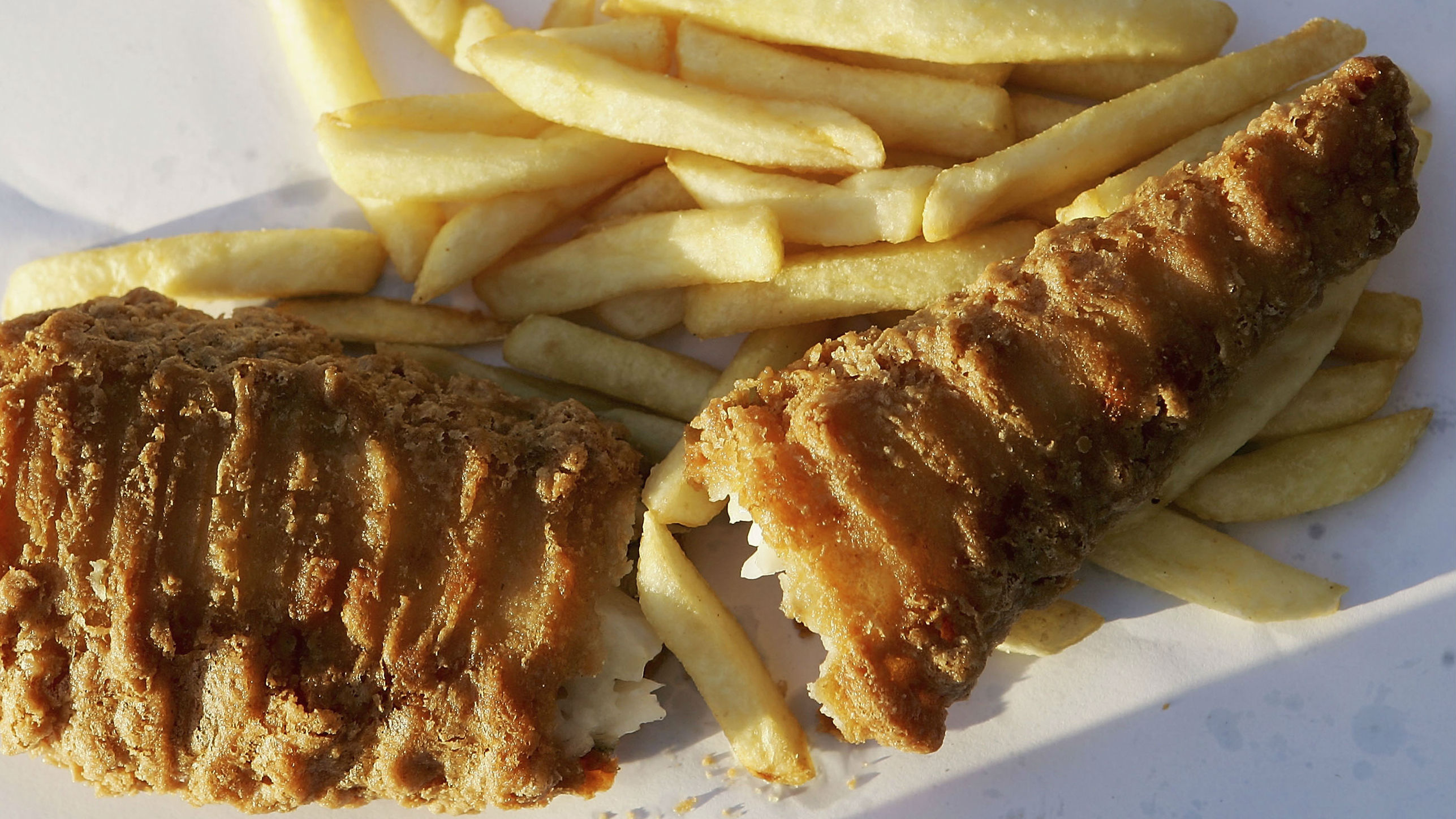
A free daily email with the biggest news stories of the day – and the best features from TheWeek.com
You are now subscribed
Your newsletter sign-up was successful
Endangered sharks are commonly being sold at chip shops and fishmongers in the UK, an investigation has found.
DNA tests carried out at the University of Exeter found that the majority of fish samples were spiny dogfish, a small shark which is endangered in Europe and classed as vulnerable worldwide.
Of the 78 samples from chip shops in southern England, roughly 90% were found to be shark.
The Week
Escape your echo chamber. Get the facts behind the news, plus analysis from multiple perspectives.

Sign up for The Week's Free Newsletters
From our morning news briefing to a weekly Good News Newsletter, get the best of The Week delivered directly to your inbox.
From our morning news briefing to a weekly Good News Newsletter, get the best of The Week delivered directly to your inbox.
Scientists also found fins of scalloped hammerhead sharks, which are globally endangered, being sold by an Asian food wholesaler in England supplying Chinese restaurants, The Times reports.
The study’s authors said they could not tell if any rules had been broken as spiny dogfish caught as by-catch in EU waters can be sold under strict conditions, the paper adds.
“It’s almost impossible for consumers to know what they are buying,” said Catherine Hobbs, one of the authors of the study.
“People might think they’re getting a sustainably sourced product when they’re actually buying a threatened species.”
A free daily email with the biggest news stories of the day – and the best features from TheWeek.com
Shark meat is typically sold under general names such as huss, rock salmon and rock eel.
This form of labelling is permitted, but the findings have prompted calls for more stringent food labelling so people know exactly what they are consuming.
“There are also health issues,” Hobbs says. “Knowing what species you are buying could be important in terms of allergies, toxins, mercury content and the growing concern over microplastics in the marine food chain.”
-
 American universities are losing ground to their foreign counterparts
American universities are losing ground to their foreign counterpartsThe Explainer While Harvard is still near the top, other colleges have slipped
-
 How to navigate dating apps to find ‘the one’
How to navigate dating apps to find ‘the one’The Week Recommends Put an end to endless swiping and make real romantic connections
-
 Elon Musk’s pivot from Mars to the moon
Elon Musk’s pivot from Mars to the moonIn the Spotlight SpaceX shifts focus with IPO approaching
-
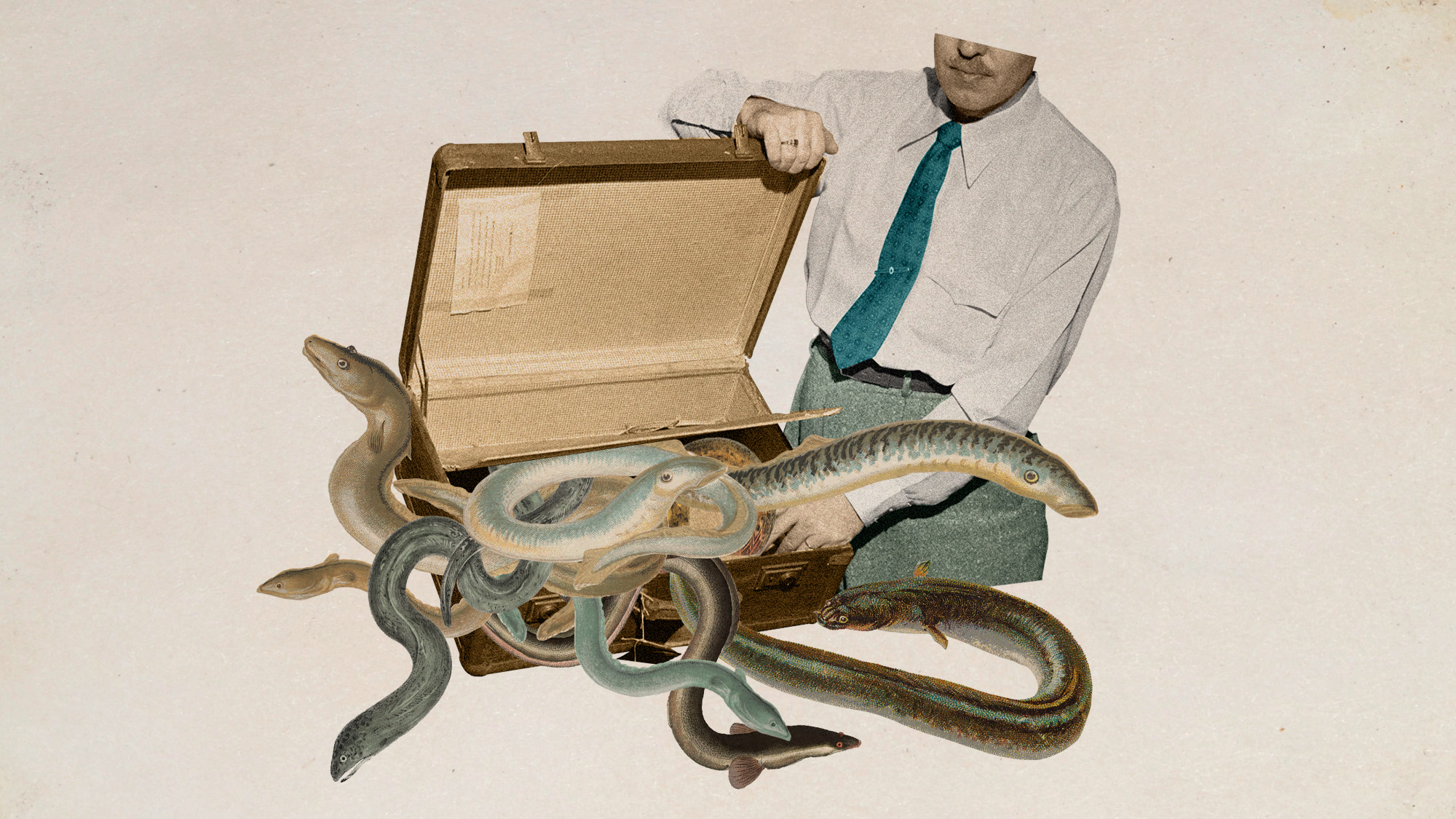 Eel-egal trade: the world’s most lucrative wildlife crime?
Eel-egal trade: the world’s most lucrative wildlife crime?Under the Radar Trafficking of juvenile ‘glass’ eels from Europe to Asia generates up to €3bn a year but the species is on the brink of extinction
-
 Pros and cons of oat milk: what are the benefits?
Pros and cons of oat milk: what are the benefits?Pros and cons Oat milk is now the most popular dairy alternative in many countries – but how healthy and 'green' is it?
-
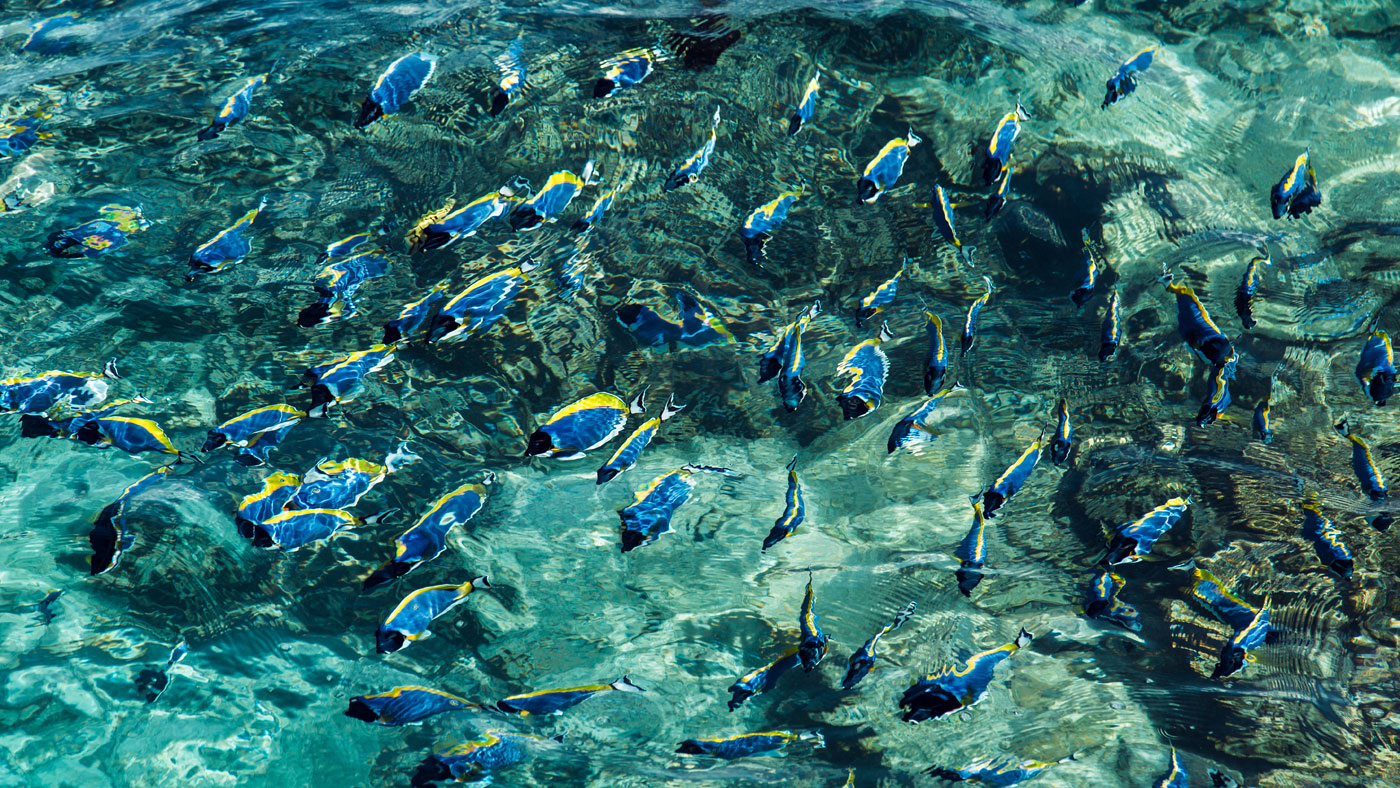 How the UN high seas treaty aims to protect the world’s oceans
How the UN high seas treaty aims to protect the world’s oceansfeature Nearly 200 countries agreed to a legally binding protocol that has been two decades in the making
-
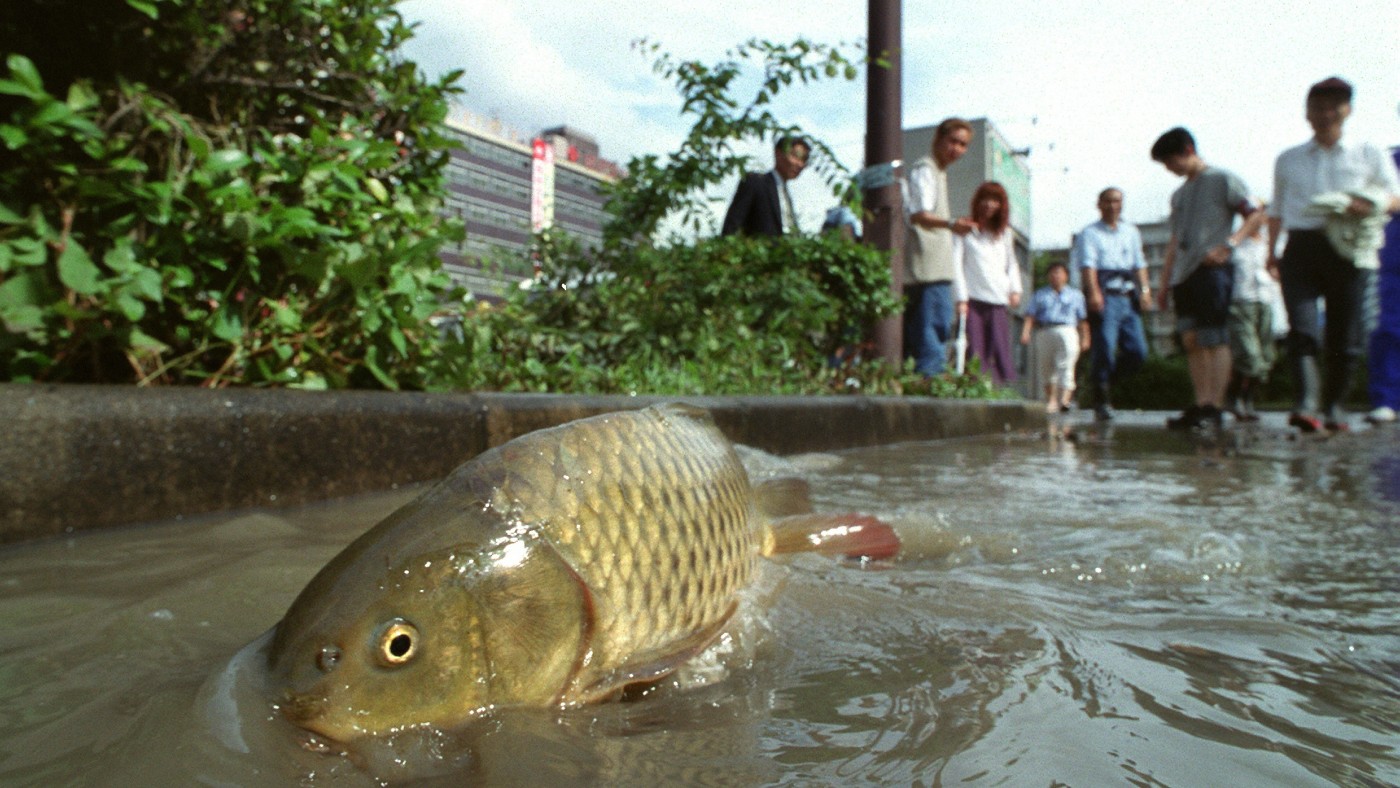 ‘Serious conversation’ needed over release of carp herpes into Australian waters
‘Serious conversation’ needed over release of carp herpes into Australian watersSpeed Read Flooding means ‘bottom-feeding pests’ are appearing in huge numbers
-
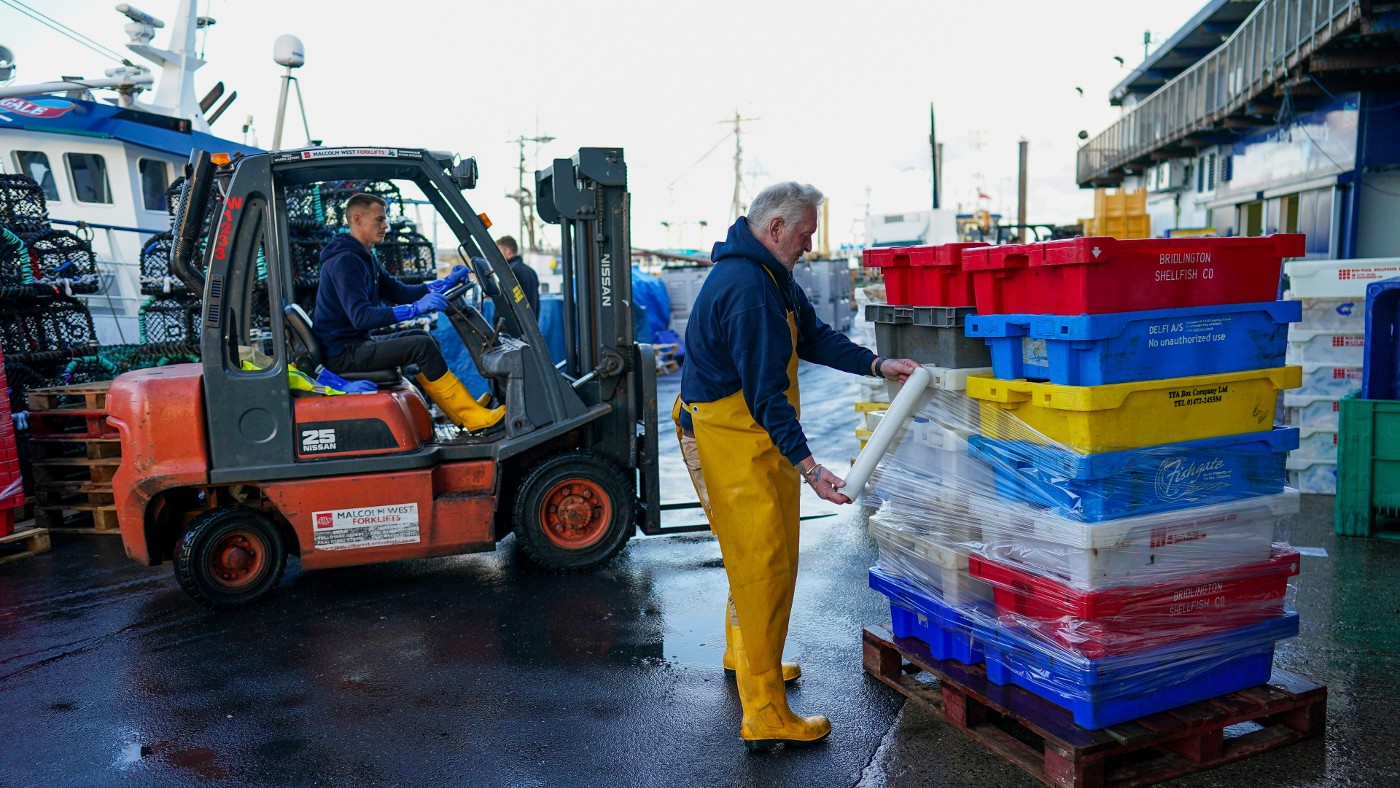 Is the freeport to blame for loss of marine life in Teesside?
Is the freeport to blame for loss of marine life in Teesside?feature Bitter row has broken out between the government and fishermen over mass die-off of crabs and lobsters
-
 The climate crisis in 2023
The climate crisis in 2023feature New legislation, activism and business paths could change the picture this year
-
 Shell’s North Sea oil U-turn: ‘a first victory in a longer war’?
Shell’s North Sea oil U-turn: ‘a first victory in a longer war’?Speed Read Controversy after oil giant pulls out of proposed Cambo project
-
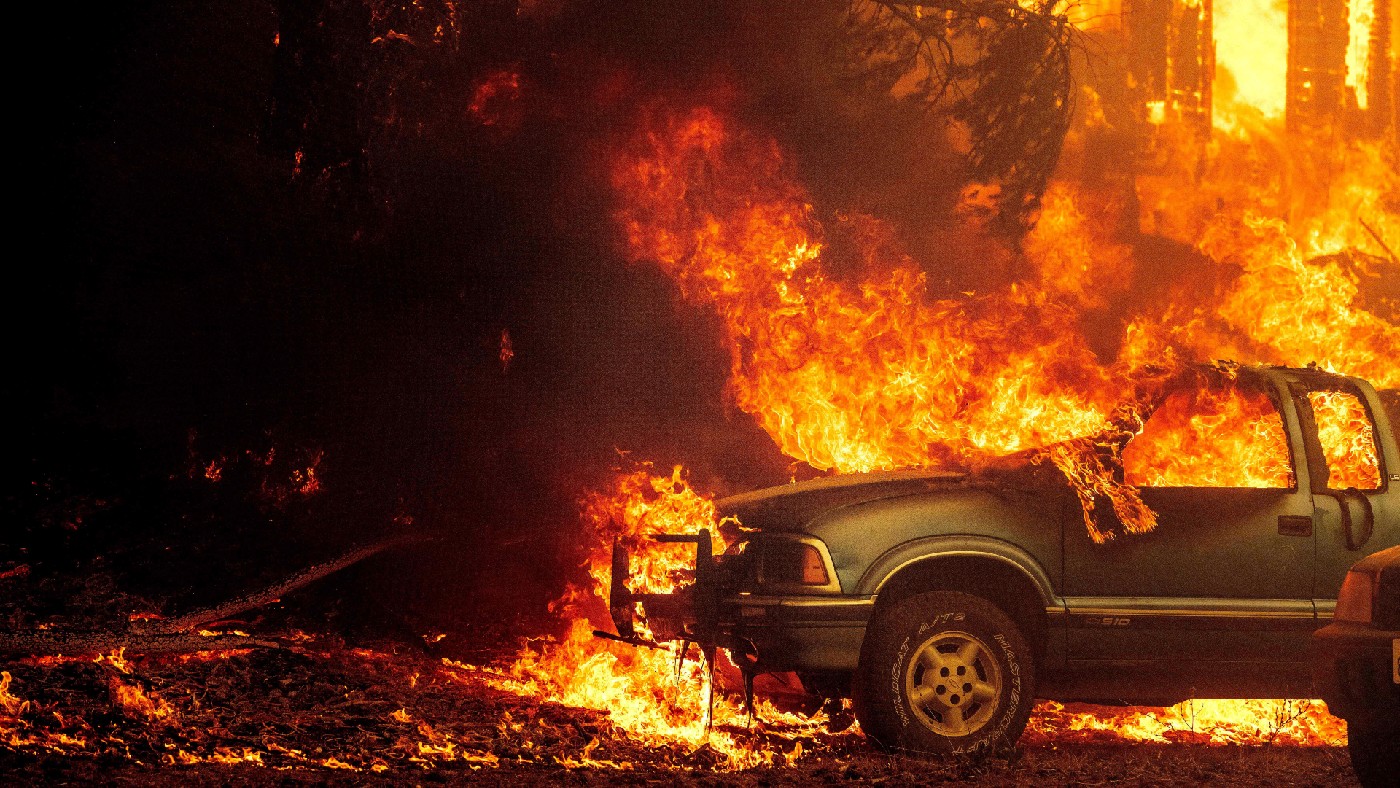 Fires, floods and storms: America’s ‘permanent emergency’ has begun
Fires, floods and storms: America’s ‘permanent emergency’ has begunSpeed Read This summer of climate horror feels like the ‘first, vertiginous 15 minutes of a disaster movie’, says The New York Times